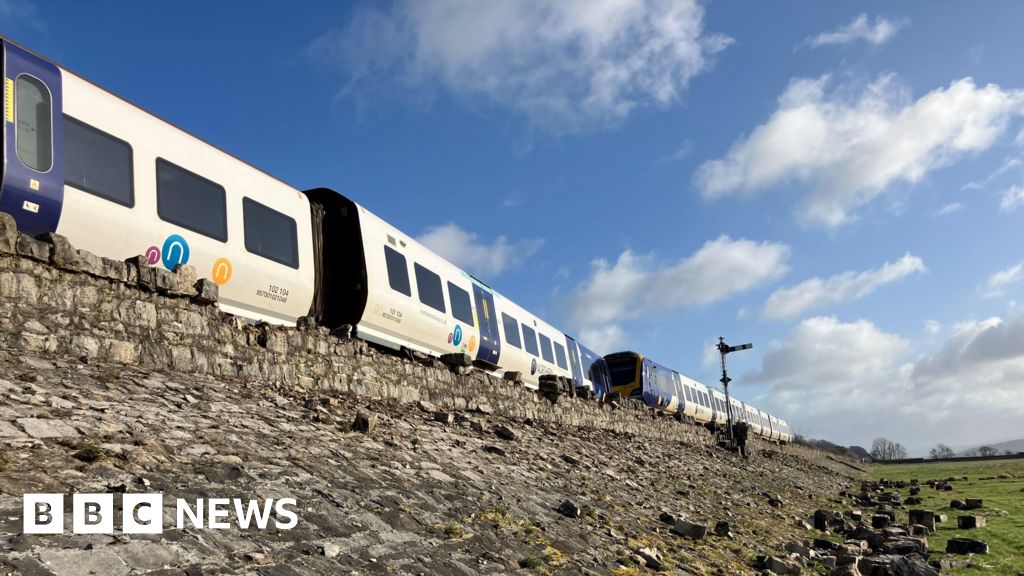Jobs
Calls to improve ‘poor’ Barrow to Carlise line and boost jobs – BBC News

- Author, Federica Bedendo
- Role, BBC News, North East and Cumbria
Calls have been made for the new government to improve a “poor” railway line to boost jobs in a region.
The new, five MPs for Cumbria and the leaders of Cumberland and Westmorland and Furness councils want to see the Barrow to Carlisle line improved.
They have written to Louise Haigh MP, Secretary of State for Transport, highlighting several closures in the last year on the route as a sign of “poor infrastructure” cutting off communities and “causing chaos”.
The bosses of Cumbria Local Enterprise Partnership and Cumbria Chamber of Commerce are also calling for action.
Suzanne Caldwell, chief executive of Cumbria’s chamber of trade, said: “If we had a better service and it was more reliable, more people would use it to travel to and from work and it would have a positive impact on tourism.”
She added that the line would not just offer people an opportunity to move around the coast line, but would improve further connections from Carlisle and open up job opportunities across the West Coast Main Line.
Image source, Josh MacAlister
Earlier this year part of the line was closed for several weeks after a train derailed near Grange-over Sands.
Another section of the line was closed due to bridge repairs, causing disruption to commuters.
The letter, drafted by Whitehaven and Workington’s new MP Josh MacAlister, said improving the line would reduce traffic on the roads.
It said: “Building on opportunities along its route, the line can be a catalyst for significant inward investment and inclusive growth.
“But only if constraints are addressed, including limited capacity, poor line speeds and unreliable infrastructure.”










